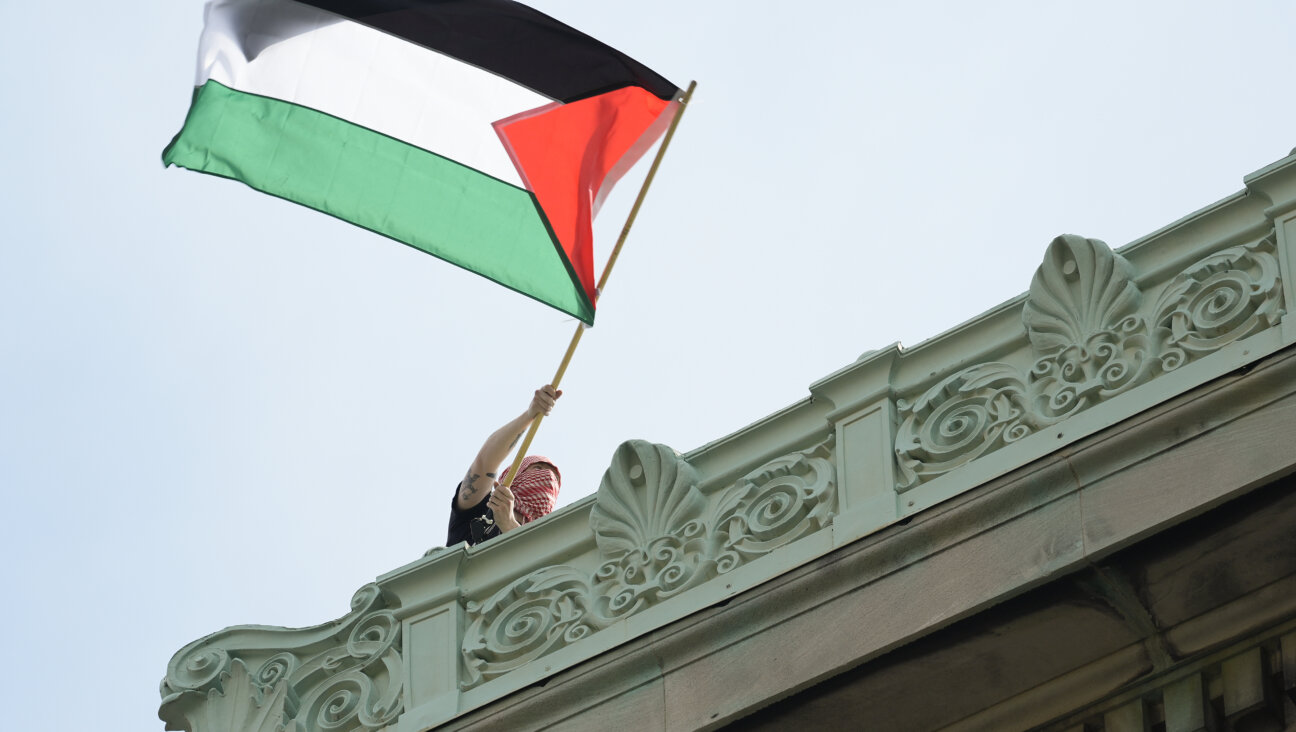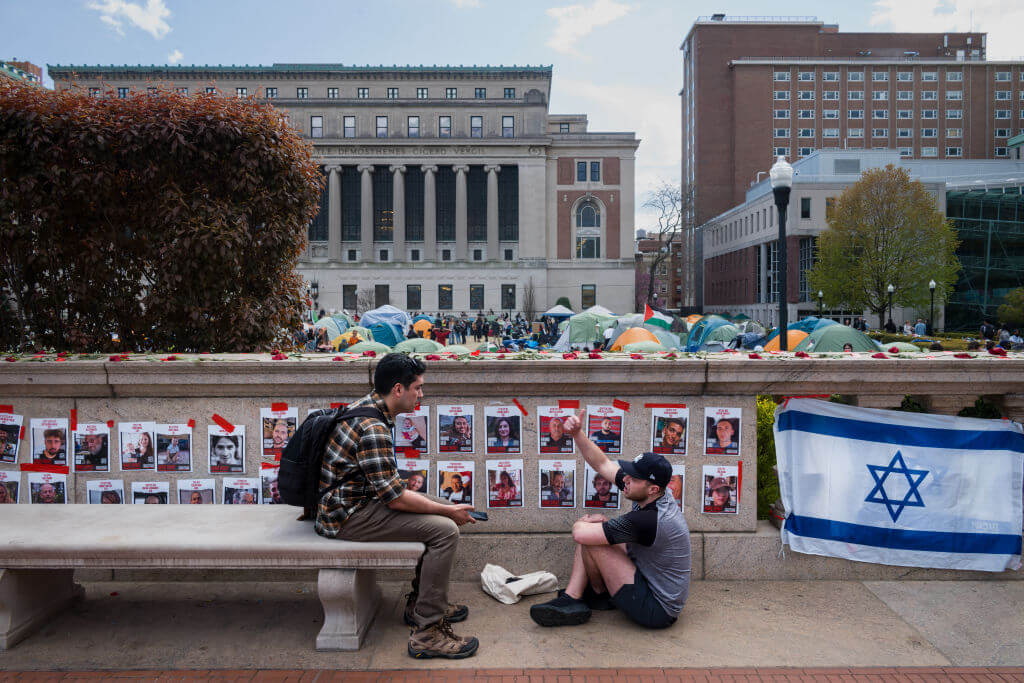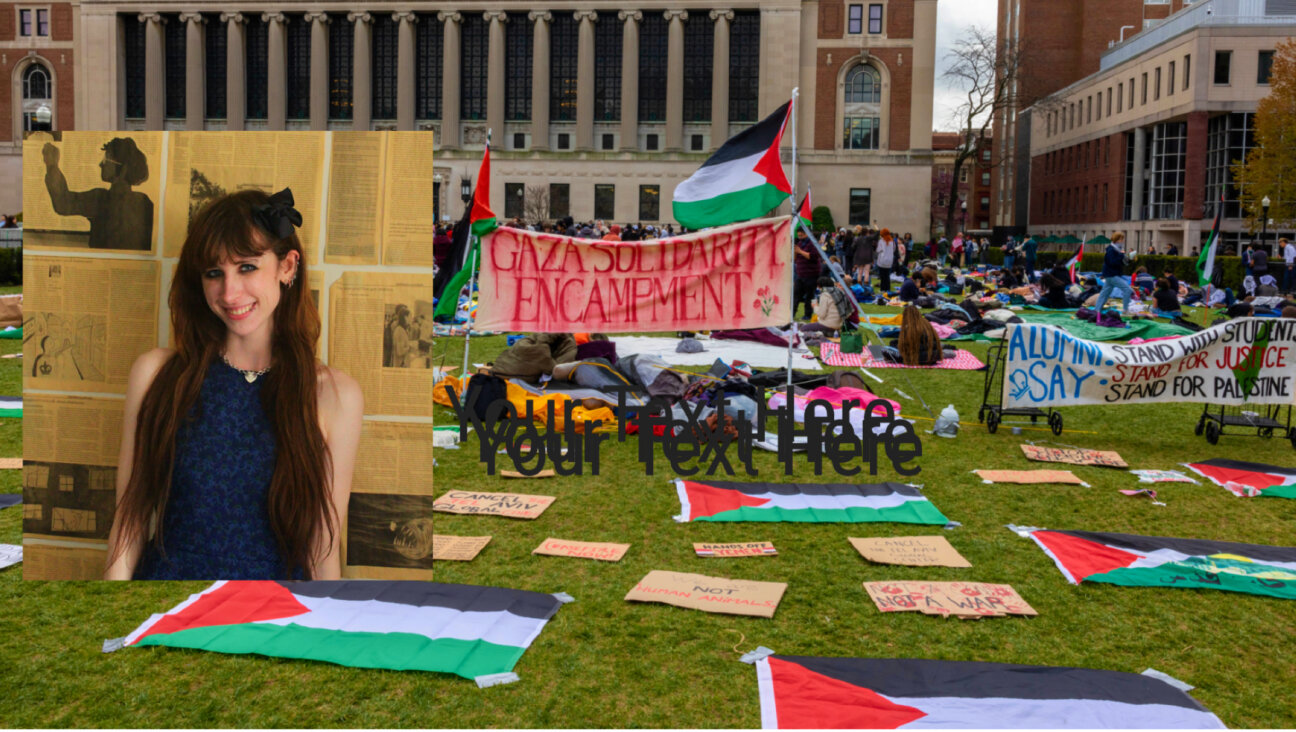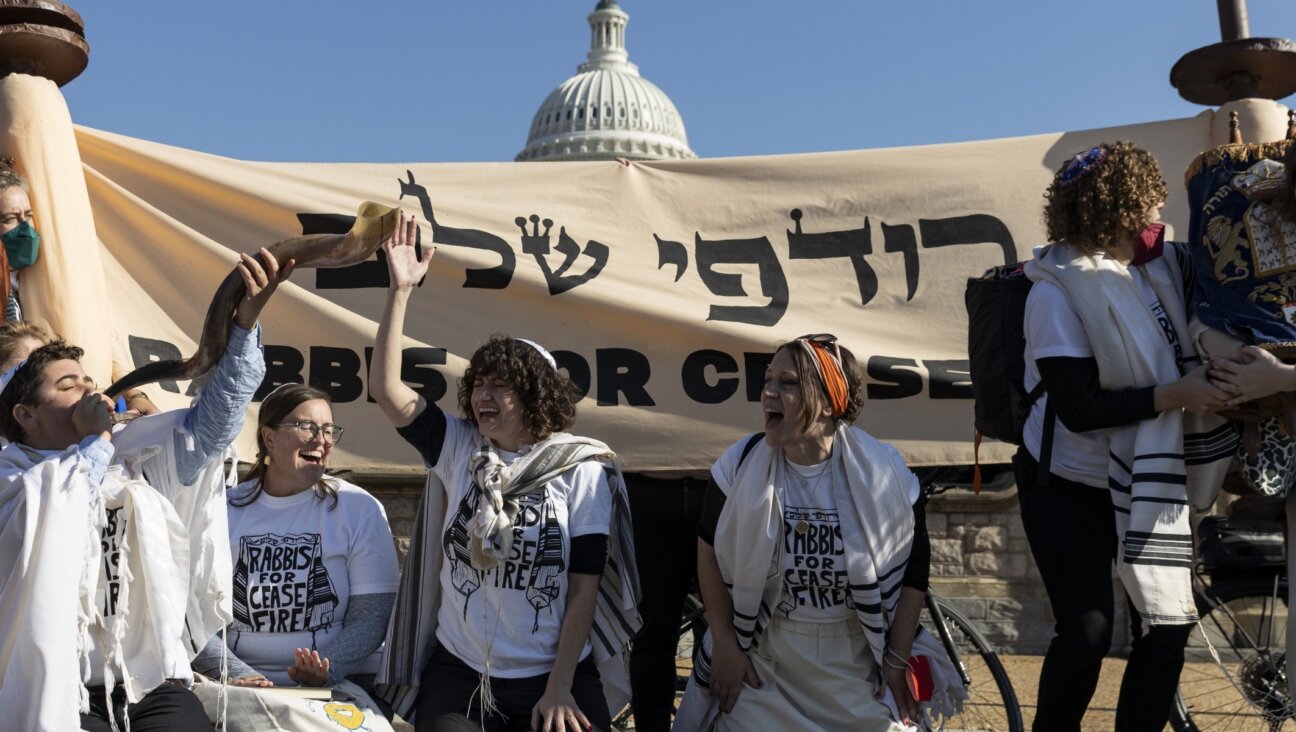Are Iran and U.S. Closing In on Nuclear Deal?

Inching Closer? Iran Foreign Minister Zarif chats with Secretary of State John Kerry during talks on the Islamic state’s nuclear program. Image by getty images
Secretary of State John Kerry and Iranian Foreign Minister Mohammad Javad Zarif are discussing new ideas aimed at breaking the deadlock in nuclear talks between Tehran and six world powers, sources close to the talks said on Friday.
The sources, who spoke to Reuters on condition of anonymity, said the top Iranian and U.S. diplomats were preparing ideas that could be shown to both countries’ capitals.
“Discussions are continuing,” said a senior U.S. official, who declined to discuss details about the negotiations in Vienna.
One source said it was too early to say whether this latest joint effort indicated an actual narrowing of the wide differences between Iran and the six powers.
The United States, Britain, France, Germany, Russia and China began a final round of talks with Iran on Tuesday, looking to clinch a pact under which Tehran would curb its nuclear work in exchange for a lifting of economically crippling sanctions. Iran rejects Western allegations that it has been seeking to develop a nuclear bomb capability.
Officials close to the negotiations in Vienna said at mid-week the two sides remained deadlocked on key issues, were unlikely to secure a definitive accord by Nov. 24, and might need to extend the deadline.
British Foreign Secretary Philip Hammond said earlier on Friday in Vienna: “These are complex issues and there are still significant gaps between the parties. We’re all going away to have technical discussions with our experts and we’ll resume again over the … weekend.”
A senior Western diplomat said he was not optimistic about prospects for a long-term agreement by Monday’s deadline.
Russian Foreign Minister Sergei Lavrov and Kerry agreed that “additional efforts” were needed to reach a deal by the self-imposed deadline, Russia’s Foreign Ministry said.
“The sides did not rule out the possibility of holding a ministerial meeting of the parties to the talks on Iran’s nuclear program, if the prospect for progress appears,” the ministry said in a statement.
A senior Western diplomat declined to comment on the nature of the discussions between Zarif and Kerry, but said “we are still very far away” from an agreement.
Western powers suspect Iran has aimed to covertly acquire a nuclear bomb capability from its enrichment of uranium. Iran says the program is for producing civilian energy only. The lingering dispute has raised fears of a wider Middle East war.
Zarif canceled announced plans to return to Tehran for top-level discussions with the deadline looming, Iranian media reported. The reason was not immediately known.
“The talks have not reached a stage that necessitates Zarif to go to Tehran,” an unnamed senior member of the Iranian delegation told the IRNA and ISNA news agencies. “Therefore he is not going to Tehran and the talks will continue.”
U.S. and French officials said earlier that Kerry and French Foreign Minister Laurent Fabius would return to Paris later in the day for consultations. But they later said both ministers would stay overnight in the Austrian capital.
Kerry spoke on the telephone with Lavrov on Friday and the two men agreed that “additional efforts” were needed to secure a deal by Monday, Moscow’s Foreign Ministry said.
A source close to the talks said that Zarif had received a document from the powers that outlined the main principles of a possible agreement.
STICKING POINTS
Western diplomats told Reuters earlier this week that a U.S.-drafted proposal shown to Iran at preparatory talks in Oman earlier this month called for the Islamic Republic to reduce the number of its uranium enrichment centrifuges to 4,500, well below the current 19,000 Tehran now has installed.
Iran has about 10,000 of those machines in operation. Iranian officials have refused to reduce the volume of uranium they are capable of enriching, a stand Western officials say is unacceptable as this would potentially allow Tehran to amass enough fissile material for an atomic bomb in little time.
This is a major sticking point in the talks.
Another sticking point is the pace and sequencing of sanctions relief. Iran wants them terminated swiftly, not suspended and gradually scrapped, depending on the degree of Iranian compliance with the deal terms, as the West wants.
Another dispute is over the deal’s duration – the powers want it to be up to 20 years, Iran wants this much shorter.
“We have to get more flexibility from the Iranians,” Britain’s Hammond said. “In return we are prepared to show some flexibility on our side. But time is short, we are up against a deadline here.”
An interim accord struck on Nov. 24 last year yielded steps by Iran to curb some sensitive nuclear activity, such as higher-grade enrichment, in return for some sanctions relief. That pact will expire on Monday.

I hope you appreciated this article. Before you go, I’d like to ask you to please support the Forward’s award-winning, nonprofit journalism during this critical time.
Now more than ever, American Jews need independent news they can trust, with reporting driven by truth, not ideology. We serve you, not any ideological agenda.
At a time when other newsrooms are closing or cutting back, the Forward has removed its paywall and invested additional resources to report on the ground from Israel and around the U.S. on the impact of the war, rising antisemitism and the protests on college campuses.
Readers like you make it all possible. Support our work by becoming a Forward Member and connect with our journalism and your community.
Make a gift of any size and become a Forward member today. You’ll support our mission to tell the American Jewish story fully and fairly.
— Rachel Fishman Feddersen, Publisher and CEO
Join our mission to tell the Jewish story fully and fairly.
























